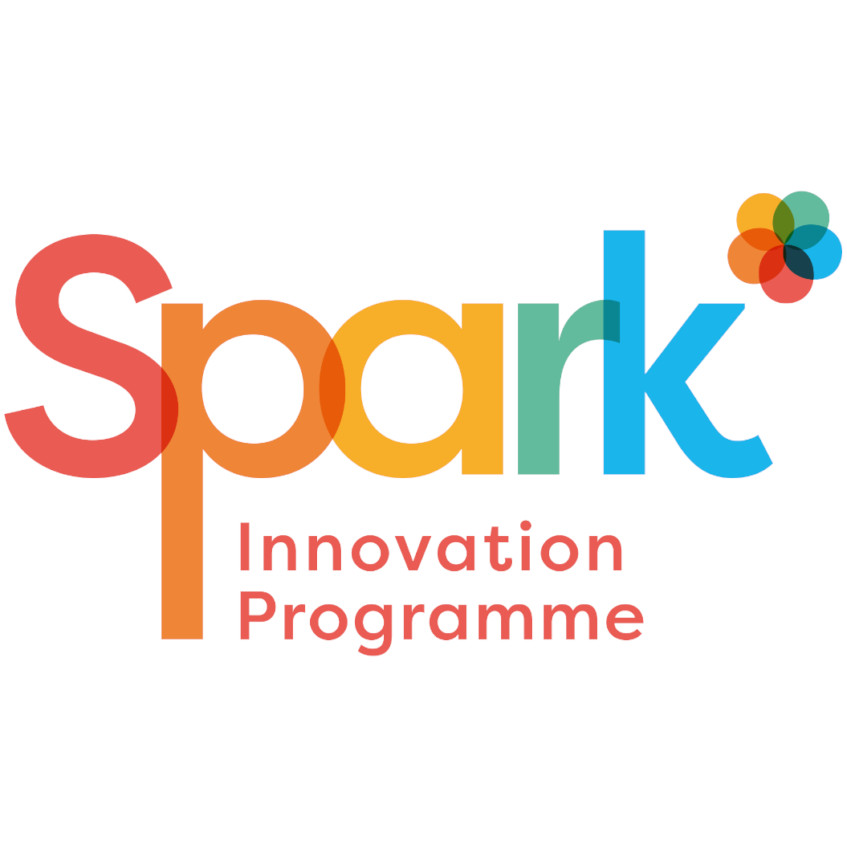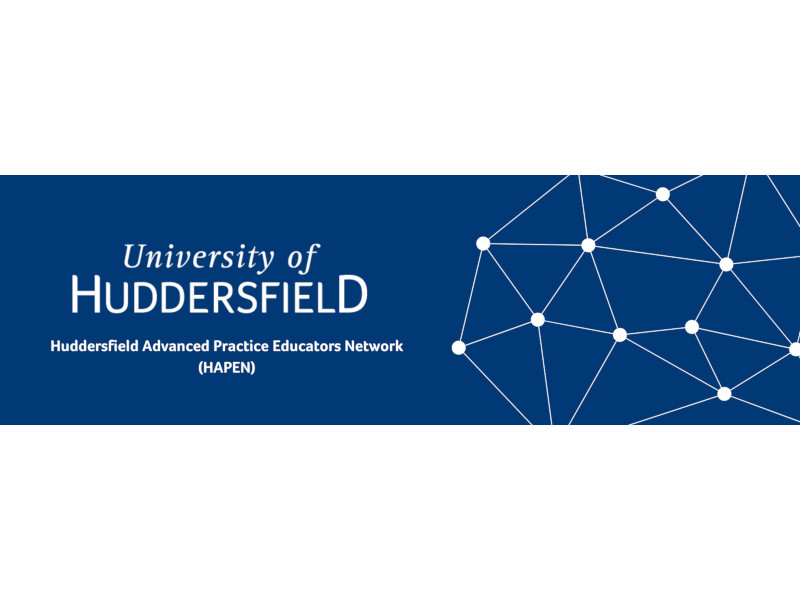Closing Address: Ms. Christine Mc Dermott. Chairperson.
It has been a long and informative day. We started with a theme Autonomy: what gives you meaning? The question was deliberate to provoke discussion. Personal autonomy is an essential component of human rights in a fair and just society. But what is it this concept that occupies us and generates discussion and debate. Is it completely tangible and absolute?
The dictionary definition is easy (“self-governing”) but simplistic. We do not exist in a vacuum and to function effectively for the greater good, society has rules and regulations that limit one’s absolute autonomy and respect for the rights of others (Seedhouse, 1999). The current world wide increase in communicable diseases such as measles and mumps that had almost disappeared is an example of when personal autonomy (to vaccinate or not) can have devastating effects for the wider population.
The definition of autonomy used in the Scope of practice document is that of Varjus et al (2010) as the nurse or midwife’s ability to make some decisions within their own profession and their right and responsibility to act according to the shared standards of that profession. Indeed accountability is dependent on the nurse or midwife having autonomy to practice. As professionals we use knowledge drawn from various sources in a critical manner to provide safe, effective and evidence based quality healthcare. But the level of autonomy we hold is dependent on legislation that mandates nursing and midwifery practice, organisational considerations and constraints. It takes courage, confidence and competence, recognising one’s abilities and limitations. The freedom and ability to make decisions is under pinned by the belief that we have the authority and responsibility to make the decision and after careful consideration acting in the best interests of our clients and patients.
As Advanced Nurse and Midwife Practitioners we work as part of a multidisciplinary team within various settings and are influenced by organisational culture. A recent editorial in the Journal of Advanced Nursing by Corbally et al (2019) was both thought provoking and frustrating. The title was Restriction by Advancement – The irony of advanced nursing practice in Ireland. A small number of stakeholder’s (14) from a variety of settings were interviewed. The authors expressed their surprise at the frustration expressed by ANPs who felt restricted in their practice. We are not surprised. At our recent Research and Publication Masterclass, Dr Ryder shared her findings which showed that similar sentiments were expressed by Irish and Australian ANPs. While as nurses we have the scope of practice framework which facilitates us to practice to the limit of our knowledge, education and skills, our real world scope of practice and autonomy is determined by our job descriptions, other professionals work setting and professional regulations. These restrictions and limits applied to our autonomy to practice has consequences for the delivery of safe effective care by the appropriate person at the right time.
We can make autonomous treatment decisions for our patients but in the 20 years since the role was first implemented progress has been slow. With one hand we are given prescribing authority but wait a minute it’s restricted. So my autonomy to prescribe is limited; this has effected some of us more than others so different levels of autonomy exist. Thankfully after persistent representations to the Minister for Health the restriction to prescribing only authorised medications has been removed from legislation. But we are still stuck because our professional rules and regulations have not changed. Our former chair Karen Brennan wonders do we really own our practice or is the notion of complete professional autonomy a nebulous concept? Conversations about the future of advanced nursing and midwifery practice have not included many RANPs or RAMPs.
We need to change the future and fight for our autonomy. We need to be able to articulate what it means, when it is unduly restricted and how the restriction is hindering our ability to deliver comprehensive, safe, evidence based complete episodes of care. Throughout history change and movement occurs in waves; the first wave saw the development and implementation of advanced practice roles. It was new and exciting for nurses but scary for others so we were forced to take baby steps to show we were safe, capable, knowledgeable, competent and valuable. That the services we provide serve populations needs. We have done that so my challenge is to the second wave and our candidates; start pushing against the restrictions; make rational and intelligent representations at each and every forum; use the back door to get in but leave by the front. Passionately argue and defend your scope of practice; identify areas where your skills and the skills of other advanced nurse practitioners will meet society’s health care needs. Time to come out from behind the hospital walls as primary care and the community offer amazing opportunities for autonomous, accountable, imaginative, passionate, safe, skilful and committed advanced nurse and midwife practitioners
I would like to finish by thanking all our speakers especially our keynote speaker, Dr Madrean Schober. Today would not have been possible without the support we have received from Ms.Mary Wynne the interim Director of Nursing and Midwifery in the HSE.
On a personal note I would like to acknowledge the Trojan work done by the committee this year not only delivering this conference but only a month ago our first masterclass. We hope to facilitate another later in the year. Thank you to the staff here at The Midlands Park Hotel who have been extremely helpful and welcoming.
Lastly thank you for coming. Please continue to engage with the association, let us know what you need and we will try and meet it as best we can.
Safe journey home.
Click on links below to access 2019 Presentations.
Dr. Madrean Schober Presentation
Grainne Kelly. Clinical Snapshot 2019
Congratulations to our Poster Presentation Winners for 2019.
Ms. Mairead O’ Donoghue. [Case Study]
Ms. Irene Beirne. [Research & Audit]
Ms. Suzanne Crowley. [Quality Initiative]



